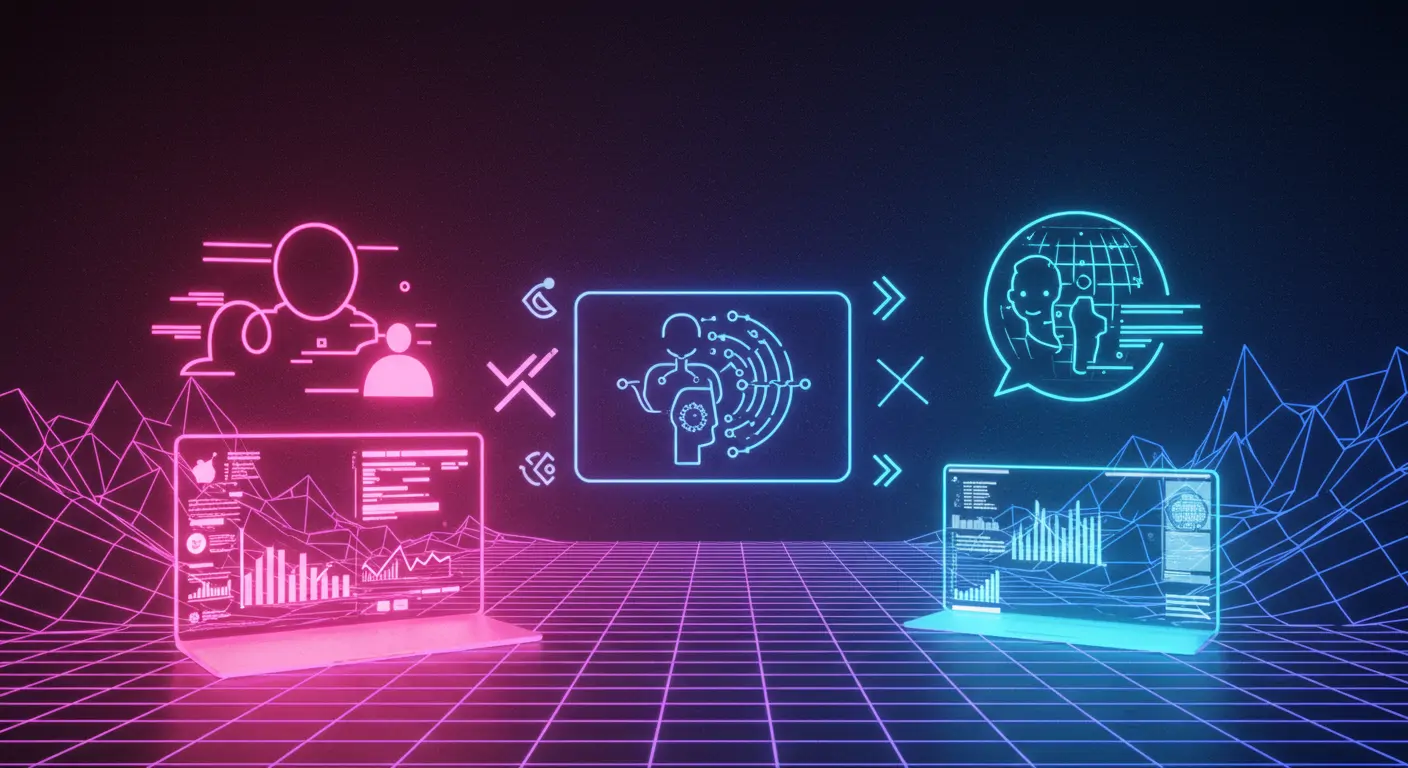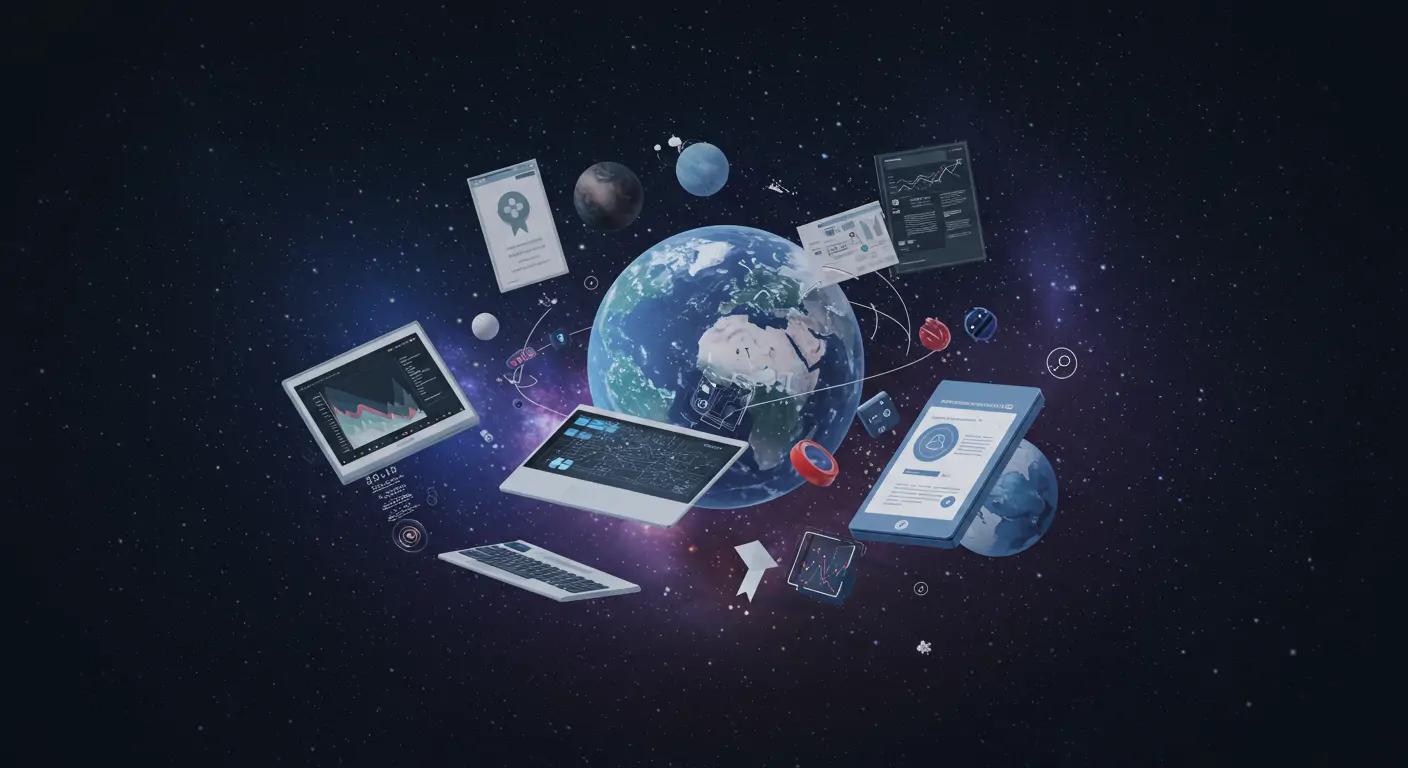The Current State: What's Happening Right Now
As of 2024, AI agents are rapidly becoming integral to the software deployment process. Companies like GitHub, with their Copilot AI, are leading the charge in automating code suggestions and error detection, pushing the boundaries of what's possible in software development. According to a 2024 report by McKinsey, the adoption rate of AI-assisted coding tools has surged by 73% year-over-year, with a market valuation projected to hit $12 billion by the end of 2025.
Traditional coding approaches are increasingly failing to keep up with the demands of modern software development cycles. With the average software release cycle shrinking from months to weeks, developers are turning to AI to maintain competitive speed without compromising quality.
Introduction: Why This Matters Now
In 2025, software companies are witnessing a paradigm shift with AI agents revolutionizing code deployment. Recent reports suggest that by 2025, these AI agents could reduce the time to market for new products by up to 50%. This trend is not just a technological advancement but a strategic necessity for developers, businesses, and investors looking to remain competitive in a rapidly evolving market.
Read time: 9 minutes
Key Drivers: What's Fueling This Trend
Driver 1: Economic Incentives
With global IT spending expected to reach $4.5 trillion in 2025, companies are eager to allocate budgets towards technologies that deliver rapid ROI. AI agents, which optimize code deployment times, offer substantial savings in development costs.
Driver 2: Technical Advancements
The sophistication of machine learning algorithms, particularly in natural language processing, has made it possible for AI to understand and generate code more effectively. OpenAI's GPT-4 model, released in 2024, has significantly enhanced AI's ability to assist in real-time code generation and debugging.
Caption: Data visualization
Real-World Impact & Case Studies
Case Study 1: Acme Corp
- Acme Corp integrated an AI-based deployment pipeline in early 2025.
- They reduced their deployment times by 58%, cutting costs by 34%.
- A critical lesson was the importance of having skilled personnel to train the AI models effectively.
Case Study 2: BetaTech
- BetaTech utilized AI agents to automate their quality assurance processes in late 2024.
- They experienced a 60% reduction in bugs post-deployment, significantly enhancing customer satisfaction.
Challenges & Criticisms
Despite the benefits, there are concerns about over-reliance on AI, which may lead to a skills gap in traditional coding. Moreover, the initial setup costs and the need for continuous updates can be barriers for smaller firms. Critics also highlight potential security vulnerabilities introduced by automated systems.
Future Outlook: What's Next
In the next 6-12 months, expect to see more companies experimenting with AI in DevOps, aiming for faster integration and delivery cycles. By 2027, AI-driven deployment is projected to become a standard, with significant implications for workforce skills and job roles in technology fields. Companies should prepare by investing in AI training programs and exploring partnerships with AI technology providers.
Frequently Asked Questions
- How do AI agents work in code deployment?
- What are the potential risks of using AI in software development?
- How can small businesses afford AI technology?
- What skills are necessary to work alongside AI in development?
Conclusion: Key Takeaways
- AI agents are expected to cut time to market by 50% by 2025, reshaping software development.
- Key drivers include economic incentives and technical advancements.
- Businesses must navigate challenges like initial costs and security risks thoughtfully.




